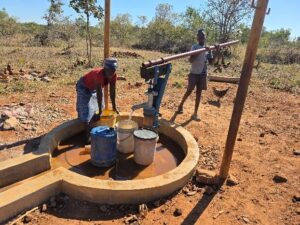
After a decade of strife, life in Zimbizi village began to change in early May 2025. The Zimbizi borehole, in Ward 17, Gutu District, once a lifeline for the community, had fallen into disrepair. Fetching water had become a gruelling task, taking villagers 40 to 50 minutes per trip. For bathing and laundry, they relied on the river, which consumed three exhausting hours.
Knowledge Chigo, a 13-year-old boy and the eldest of four siblings, expressed the struggles he faced before the borehole rehabilitation. “The burden fell heavily on my shoulders. I had to help fetch water in the morning before school, and it often took a physical toll on me. Sometimes, I couldn’t attend school because I was too tired. The place where we used to fetch water was a steep hill,” he shared. He also noted that doing homework felt like a luxury, constantly interrupted by the unending chore of gathering water.
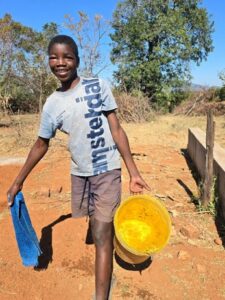
“Everything changed when the borehole was finally rehabilitated. The day it was fixed was the happiest day of my life. Fetching water transformed from a depressing ordeal to a manageable task. Now, I can fill four buckets in a fraction of the time it took to travel to other sources, allowing me to make at least two trips a day and use the water as much as we please.” he said.
Knowledge added, “Sometimes, I longed for a decent bath. Managing time at the river didn’t allow for such a luxury. Now, I can come to the borehole, get water, and bath as often as I want.”
With easier access to water, Knowledge’s family ventured into gardening for food security and income generation. No longer confined to the distant riverbank, they started a flourishing kitchen garden at home. “We are grateful for the training we received from Tsungai Project on vegetable production and efficient water use. We also learned how to protect our crop using practices like organic pest control, intercropping, and mulching,” said Mai Knowledge. “Our garden is healthy, especially with the intercropped onions that repel pests like aphids.”
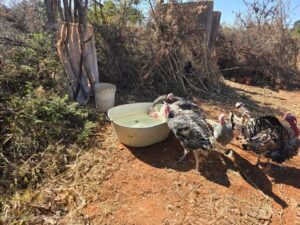
Previously, their domestic animals suffered due to the lack of water, often receiving used water after washing dishes instead of fresh supplies. “On good days, we would give the animals whatever we could spare,” Mai Knowledge recalled. “Our cattle, once forced to roam far for water, now graze nearby. We even created a reservoir for them so they can drink anytime.”
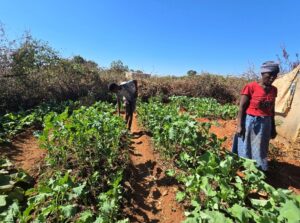
Today, the 540 households from six villages within the Zimbizi community and Zimbizi Primary School celebrates the convenience brought by the rehabilitation of their borehole, marking a clear end to ten years of living like water scavengers.

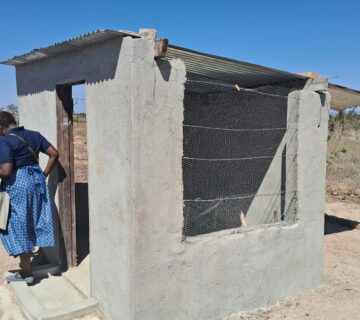
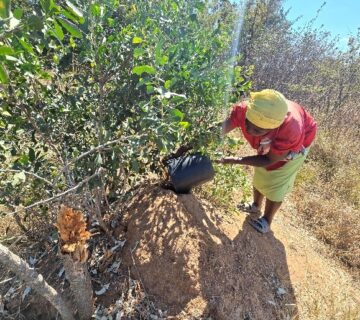
No comment